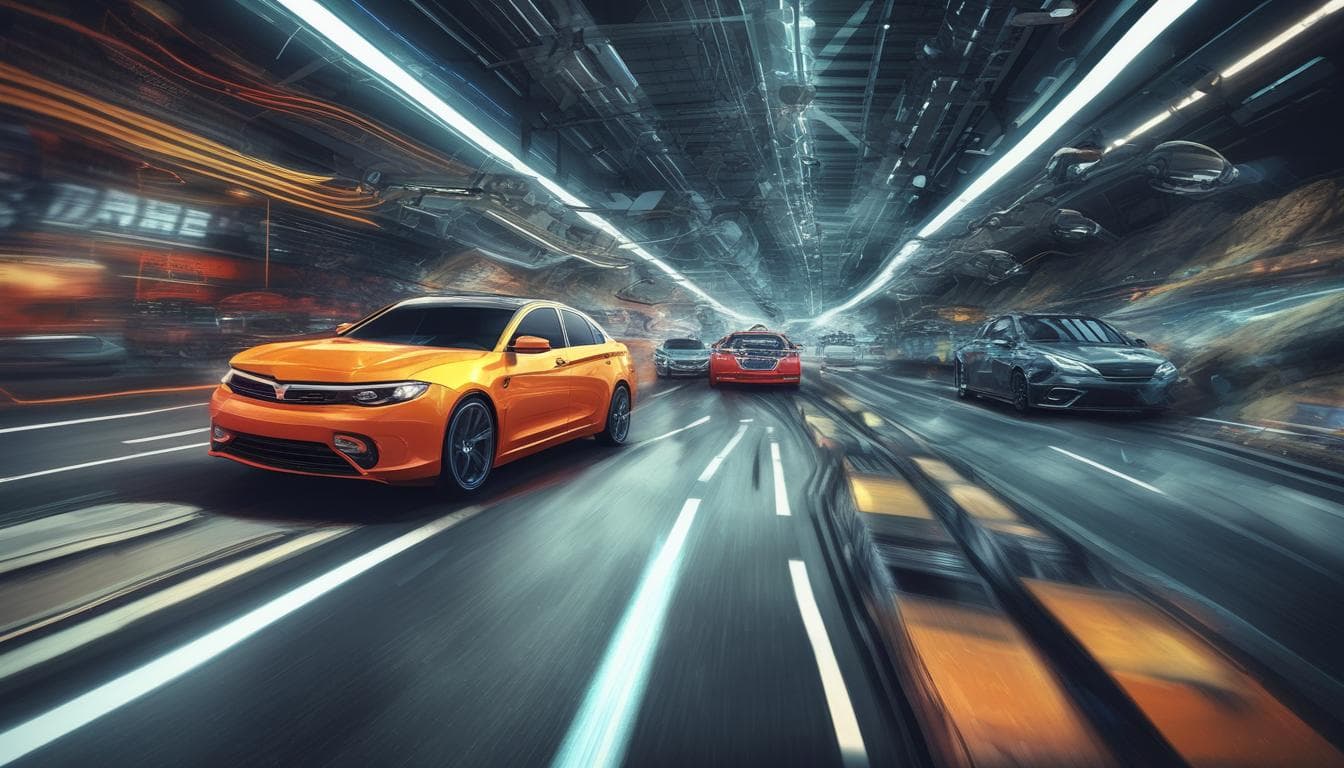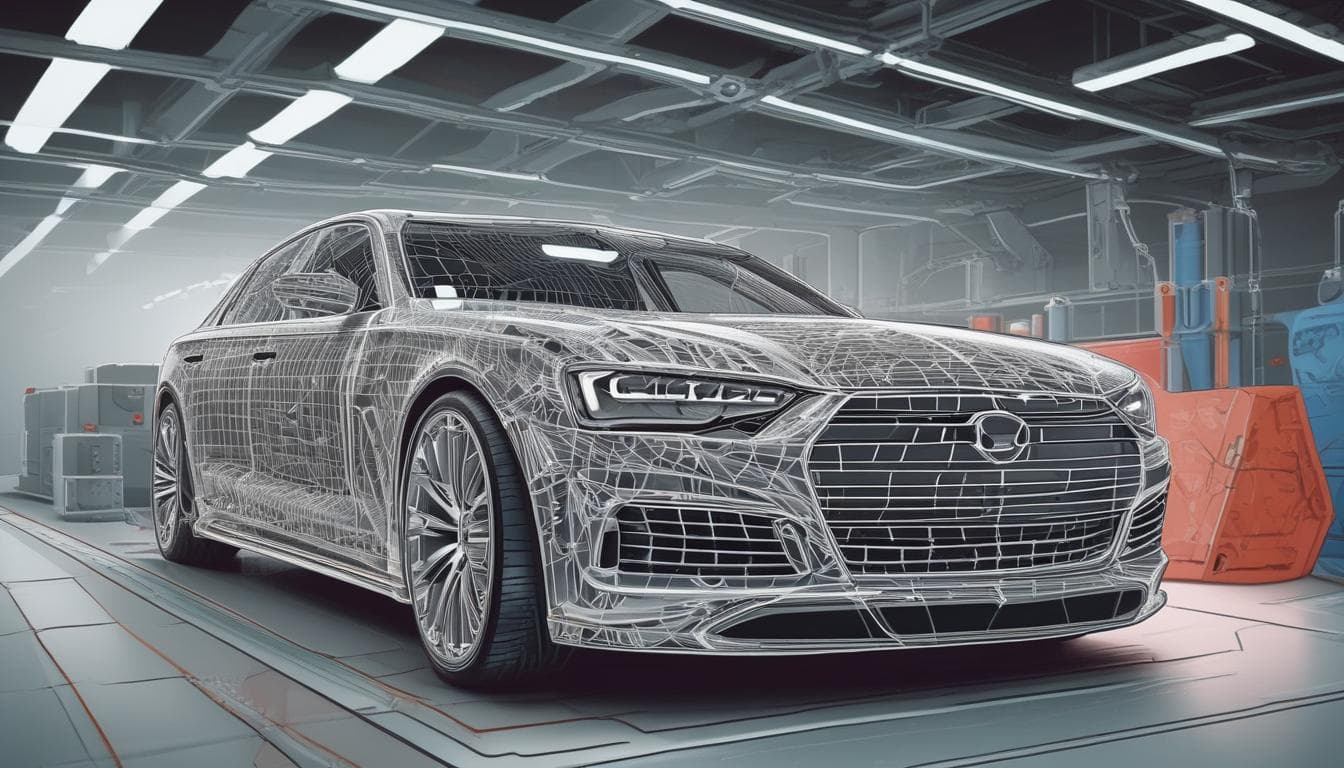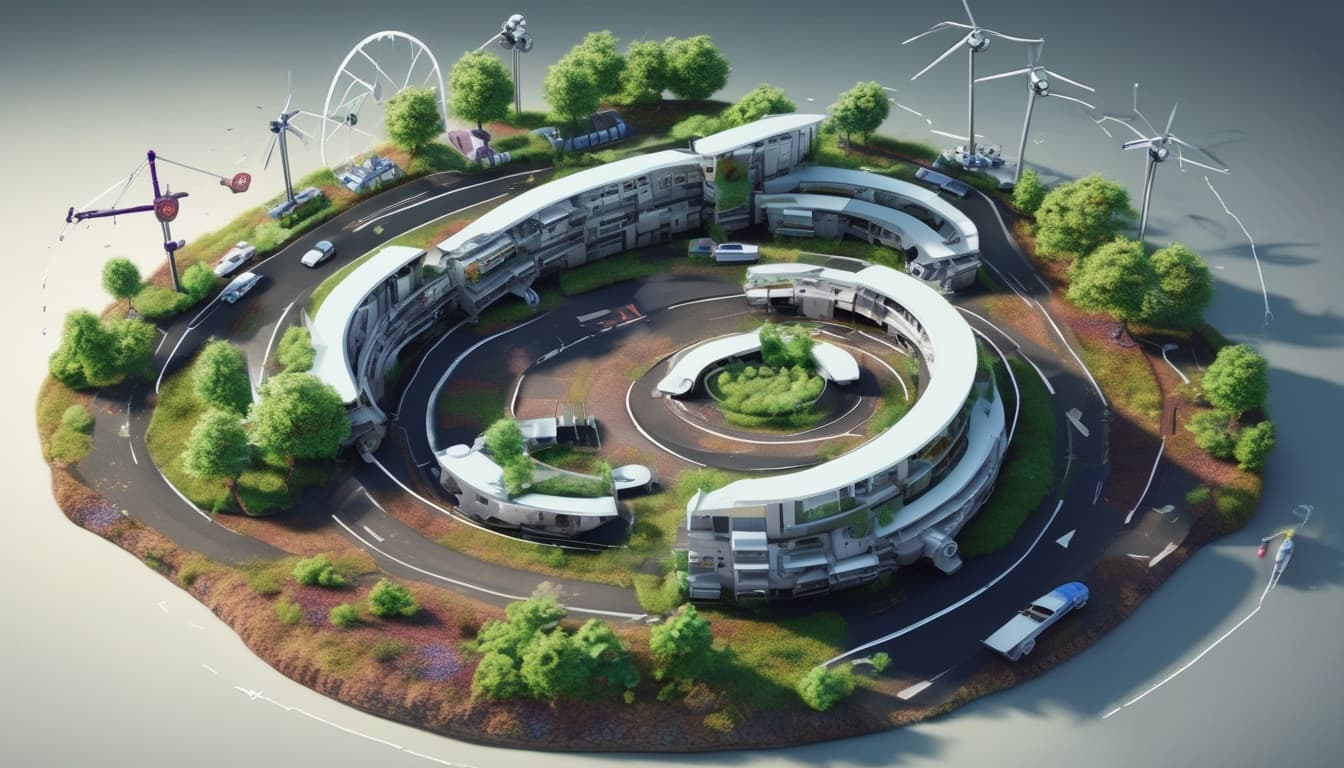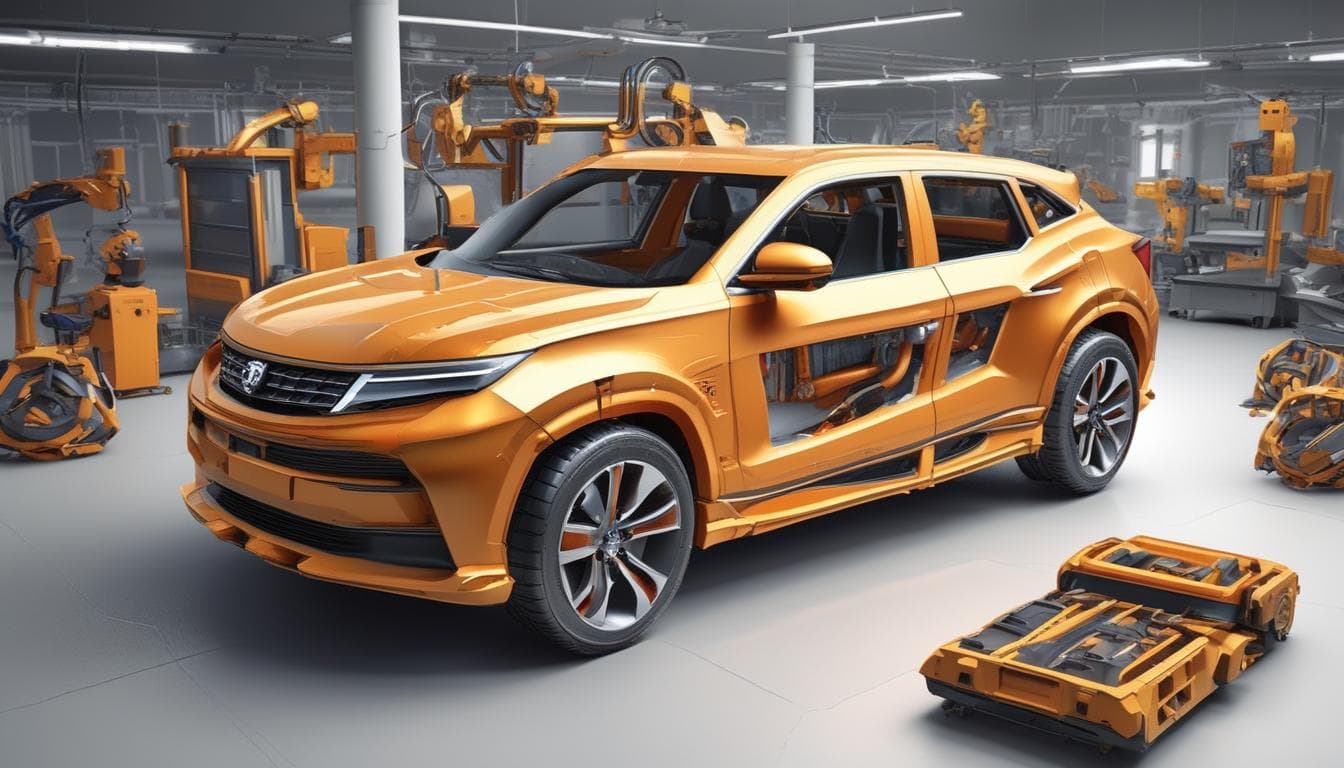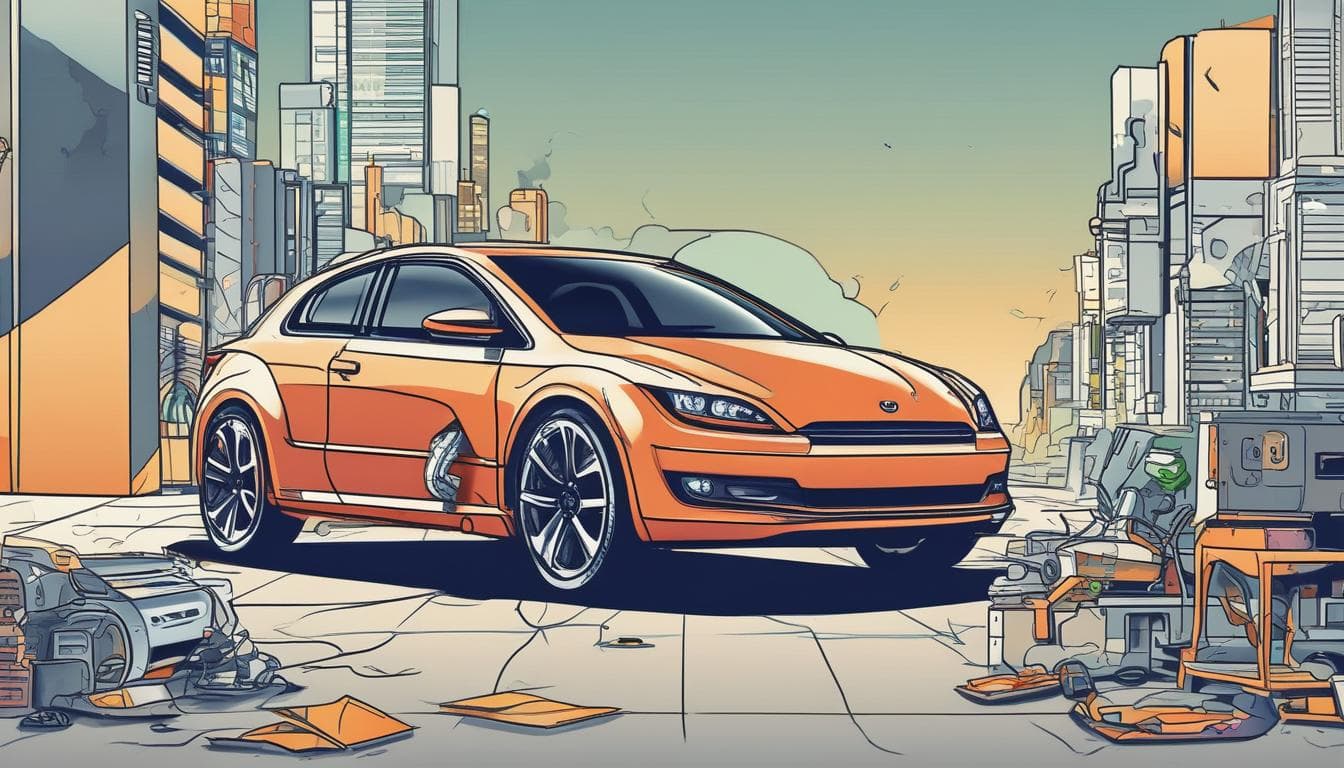With the increasing integration of AI in vehicles, how do you envision the future of in-car privacy? What measures should be implemented to protect drivers' data and ensure responsible use of this technology, while still allowing for personalized experiences?
@techdrive09 raises a crucial point about in-car privacy in the age of AI. It's a balancing act between personalization and protection. Here's my take:
AI is revolutionizing the driving experience, offering features like personalized recommendations, voice assistants, and predictive maintenance. However, this convenience comes at a cost: data collection. Our driving habits, destinations, even our in-car conversations can be captured and analyzed.
To ensure responsible AI integration, I believe we need a multi-pronged approach:
- Data Transparency and Control: Drivers should have clear visibility into what data is being collected, why, and how it's used. Opt-in/out mechanisms should be readily available, giving users control over their data.
- Data Minimization: Collect only the data essential for functionality. Avoid unnecessary data harvesting that doesn't directly contribute to improving the user experience or safety.
- Robust Security Measures: Implement stringent security protocols to protect data from unauthorized access, breaches, and misuse. Encryption, anonymization, and secure storage are vital.
- Clear Data Usage Policies: Companies should be transparent about their data usage policies. These policies should be easily accessible and understandable, outlining how data is collected, stored, shared, and protected.
- Independent Audits: Third-party audits can help verify that companies adhere to their stated privacy policies and best practices. This provides an extra layer of accountability and builds trust.
Furthermore, regulations play a key role. Governments need to establish clear guidelines and standards for in-car data privacy, ensuring that companies prioritize user rights and responsible data handling.
The future of in-car experiences hinges on finding the right balance. We can harness the power of AI to create safer, more convenient, and personalized journeys without compromising our privacy. It's a challenge, but a necessary one to address as we move towards an increasingly connected automotive world.
Esplora di più su questo argomento
Unisciti alla conversazione
- Auto connesse: come cambierà la guida in Italia?
Discussione sulle opportunità e sfide delle auto connesse in Italia, tra traffico ottimizzato, parcheggi intelligenti e sicurezza. Quali impatti sull'industria automobilistica italiana?
- Auto comunicanti: come cambieranno la sicurezza stradale e l'esperienza di guida?
Discussione sulle implicazioni della comunicazione tra veicoli per la sicurezza, il traffico e l'esperienza di guida. Scenari futuri e cambiamenti nel modo di vivere l'automobile.
- Auto che comunicano: come cambierebbe la guida in Italia?
Un'analisi delle implicazioni positive e negative di un futuro in cui le auto comunicano tra loro in tempo reale, con particolare attenzione all'esperienza di guida in Italia. Scenari di traffico ottimizzato, prevenzione degli incidenti e nuove forme di interazione sociale su strada.
